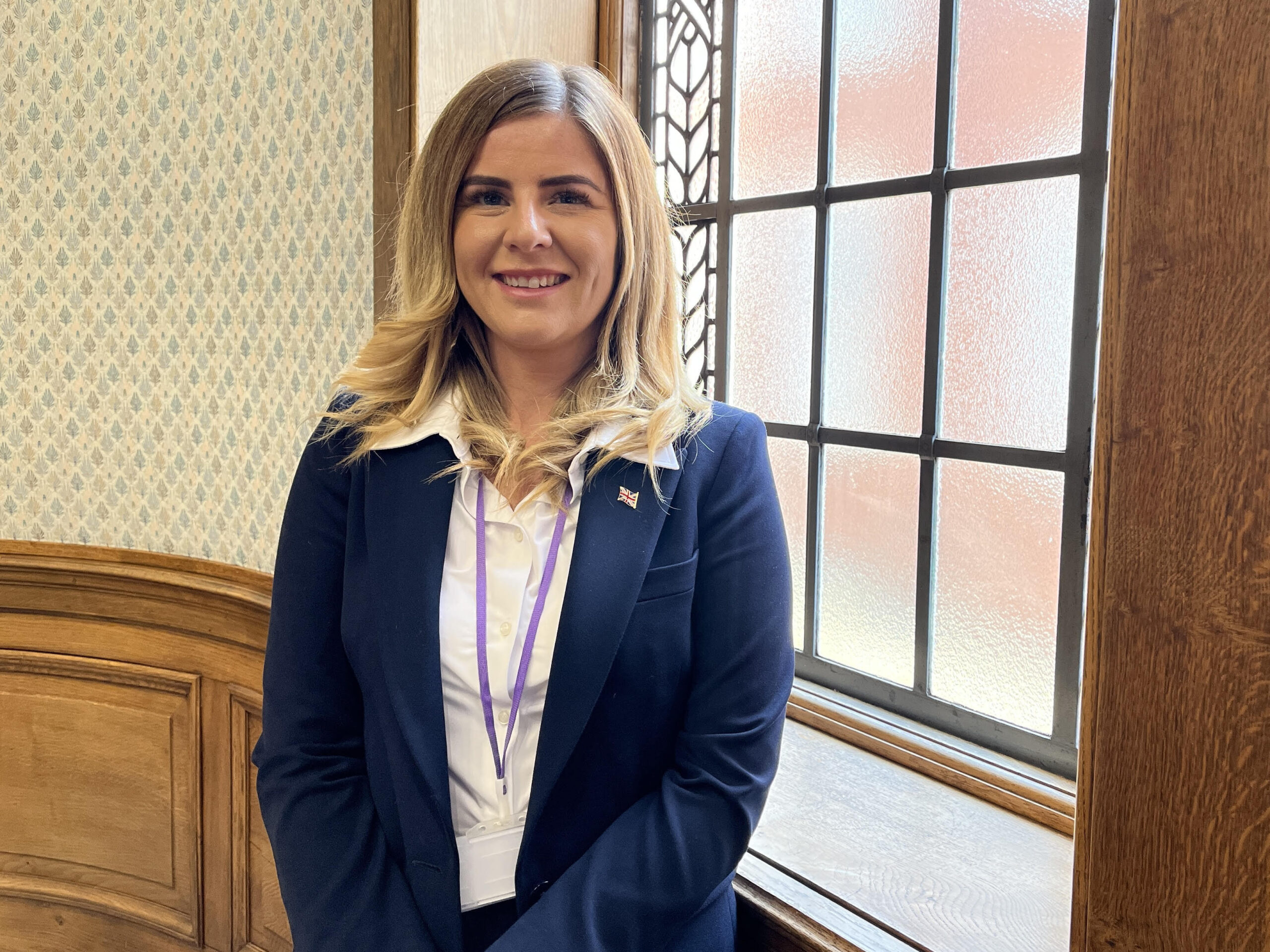A bid for £20m of government funding to improve junctions on the A16 around Spalding and Boston ‘appears to have been successful’ a council leader has said.
Lincolnshire County Council leader Martin Hill made the claim in a statement tonight following the government’s budget announced earlier today
Coun Hill said: “It was good to see that our bid for Levelling-Up funding for road improvements around Boston and Spalding appears to have been successful. This package of improvements will not only help the food sector transport goods more easily, but should also mean less congestion for motorists in the area.”
The original bid was for:
- A16 / Marsh Lane Junction: Construction of a dedicated free-flow lane for A16 northbound traffic and enhanced non-motorised user crossing across Marsh Lane arm;
- A16 / Station Road Junction: Enhancement to a fully signalised crossroads and widening and lengthening of both the A16 approaches to provide dedicated lanes for accessing both A151 arms;
- A16 / B1180 Junction: Widening of the junction extent to provide two lanes within circulatory and A16 southbound and northbound approaches as well as providing two-lane exits on both A16 arms;
- A16 / A151 Junction: Widening of junction to add additional circulatory lane and provision of a new 3m cycling and walking bridge to improve access to central Spalding;
- Wyberton Low Road Active Mode Improvements – Boston: Provision of cycle tracks on Lon-don Road, upgraded signalised crossing over the A16, 20mph speed limit with traffic calming measures along Wyberton Low Road and a shared use footpath. The scheme will address the conflict between cycle users and Heavy Goods Vehicles (HGVs) on Marsh Lane through Riverside Industrial Estate; and
- A151 Camel Gate Junction Active Mode Improvements – Spalding: Provision of a two-way segregated cycle track on the east side of Camel Gate, signalised crossing, widening of the exist-ing shared use path on Holbeach Road and to improve connections to the Springfield Outlet area are reduce reliance on private car journeys.
The Levelling Up funding coming to Lincolnshire also includes £10m for a new cinema in Gainsborough.
Coun Hill said: “It certainly looks like the country is in a far stronger economic position then expected at this time last year, which is great news.
“We welcome the £4.8bn of extra funding has been announced for local government and we look forward to receiving further information on that. It is likely that we will continue to face significant financial challenges, although we won’t receive the details of next year’s settlement until towards the end of the year.
“Local government has been at the forefront of government spending cuts for the last 10 years and our initial estimates suggest we face an annual funding shortfall of around £25-30m over the next few years. The only way to close that gap will be to increase council tax, draw on our reserves or find further savings – or more likely a combination of all three.
“A major issue for us is the growing demand for adult care and the additional costs this brings. The government has announced reforms, but any extra funding won’t come through for two or three years. We need action now, and we need to see a long-term plan for making adult care sustainable in a fair way. Council tax increases are not the way to do this, as some parts of the country will find it much easier to generate income in this manner.
“We’re look forward to learning more about the planned investment in infrastructure and funding for roads maintenance in non-city areas. We were disappointed to see our highways funding cut by £12m last year, as we know filling potholes is a top priority for our residents. Although we made up the shortfall ourselves last year, this isn’t something we can afford to keep doing. So we will be pushing the government to reinstate this funding and give Lincolnshire a fair share of any new money.
“Significant funding has been given to the regional mayors to invest in transport infrastructure, which underlines how important it is for the county to get its own devolution deal. So we’ll continue to explore the opportunities with partners across the public sector to find a devolution arrangement that is right for Lincolnshire.
“Local councils have played a huge role in supporting our communities during the pandemic, highlighting the vital role they play. The extra funding for local government suggests this has been recognised and we hope that moving forward we are given the money we need to provide the services our residents rely on.”






